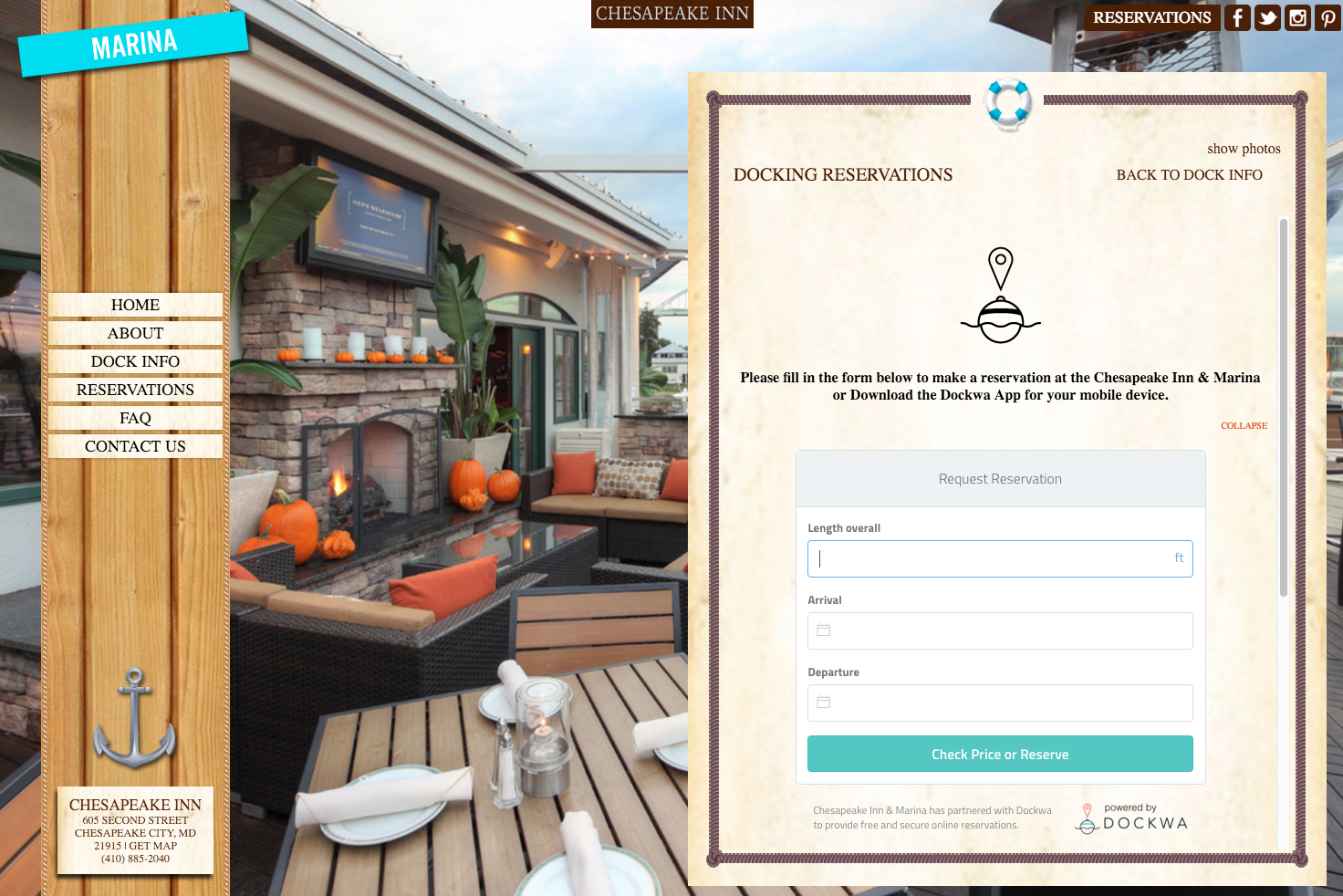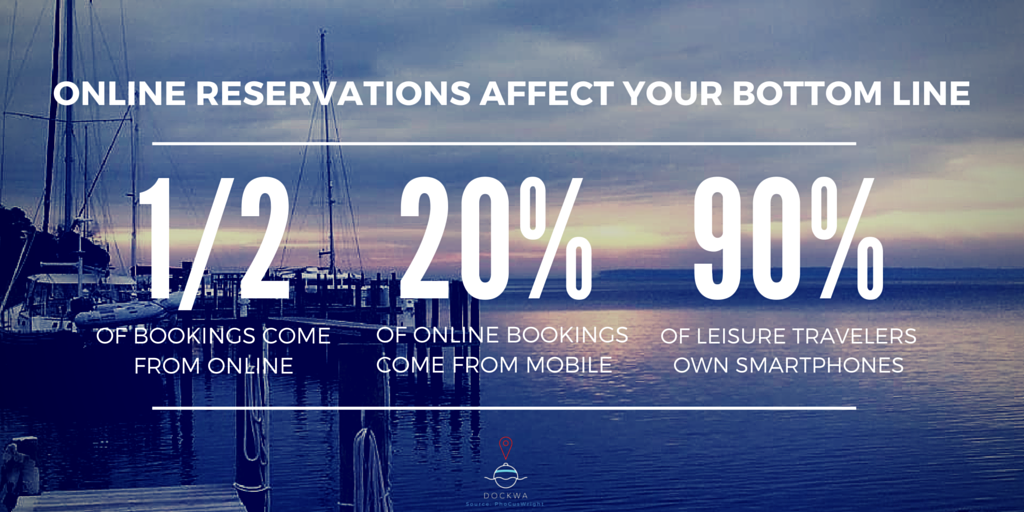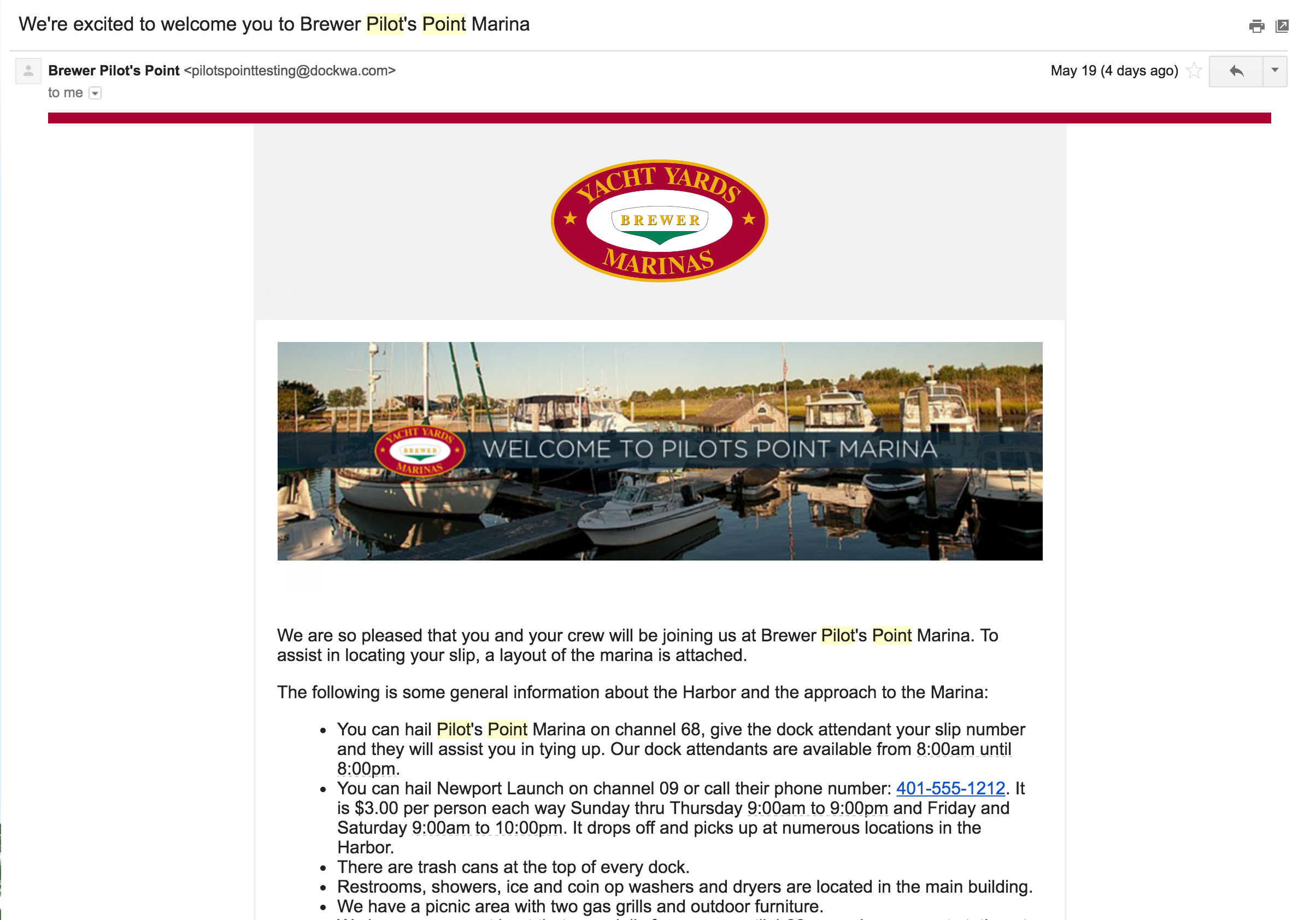Creating Great Marina Customer Service: Automated Reservation and Email Communication
If you're a marina or yacht club that accepts transient reservations, you probably have a process or cadence of communications that you rely on to...
4 min read
 Adrian Mott
:
4/25/16 8:00 AM
Adrian Mott
:
4/25/16 8:00 AM

Thanks to the ever-evolving world of technology, it seems that we are never very far away from a computer, not to mention our smartphones, which seem to never leave our pockets.
Perhaps the most obvious advantage that technology affords all marinas, is in the interactions with customers. From letting boaters make reservations online to becoming seasonal customers, to communicating with customers before, during and after their time at your marina or club. We are constantly hearing from marinas that a large majority of their reservations come over the phone, and think there’s a reason for that (more on this below).
Much of how we shop, communicate and travel has been shaped by the internet, which has led many tourist and travel destination to adjust with the times, or risk being left behind. For marinas, leveraging technology means a number of different things, including things like creating more efficient back-office operations and streamlining asset management.
Many of your marina customers are using these devices in the “planning” and “booking” phases of their trip, when they are willing to use their credit cards to spend money at your marina.
Letting customers make a reservation on their phones and computers also enables you to keep an audit trail on your transactions, and also guarantees that you’re available to take a reservation at anytime of the day - not just when they catch you in the office during business hours.
Let's first explore some reasons why you may not currently be driving online reservations today:
There are a number of marinas we talk to who have gone to all the trouble to create a great website, promoted it, done SEO, optimized the design, perhaps even done some advertising, and not taken the final step to convert those hard-earned site visitors into leads and customers. These people are ready to purchase your services and spend money, and creating that purchasing window is not easy. Providing a secure, efficient method to turn a visitor into a customer is the last step in the process, but not one to be overlooked. Without this, you will not realize the return on all of the investment you’ve poured into your web presence.
This happens when a site is too cluttered. Marinas have tons of great content to showcase – you put on fantastic member parties, host fishing tournaments, are constantly making marina improvements, you name it. Does it all need to go at the top of your home page? Make sure when a new visitor finds your site for the first time, you're calling out loud and clear where they need to go to book. Some key tips:
If you’re hesitant to offer online reservations because you're site isn't secure, you’re not alone. We talk to marinas every day that have enough on their plates with managing incoming reservations efficiently and are now expected to be IT Managers as well. SSL, or Secure Sockets Layer encrypts user and site data to transmit private documents over the Internet to keep credit card or personal information from being intercepted.

In order to make your website secure, there are a couple of options:
Customers who make online purchases have become accustomed to well-executed, secure sites like Amazon, Apple, and Wayfair. Even if your website has SSL enabled, if it’s poorly designed, a customer may question who is on the receiving end of their data.
If you’re implementing an online form, make sure you’ve checked off these best practices:

Once your marina’s website accepts online reservations on a page that's easy to find, well-designed, and SSL-encrypted, you're well on your way. If you’re not providing this mode of communication, you essentially force a customer to leave your site and pick up the phone to contact you – or find a marina who does take online inquiries.
The low-hanging fruit of enabling marina reservations is something that we can help with, as well as using technology to market and promote your marina. Get in touch if you'd like to find out how easy it can be.

If you're a marina or yacht club that accepts transient reservations, you probably have a process or cadence of communications that you rely on to...

Your homepage is typically the page on your website that generates the most amount of traffic. Both your customer's and your prospect's eyeballs are...
.png)
1 min read
At the end of every year, Dockwa and Marinas.com celebrate the marinas that boaters love most through theBoaters’ Choice Awards— a recognition...